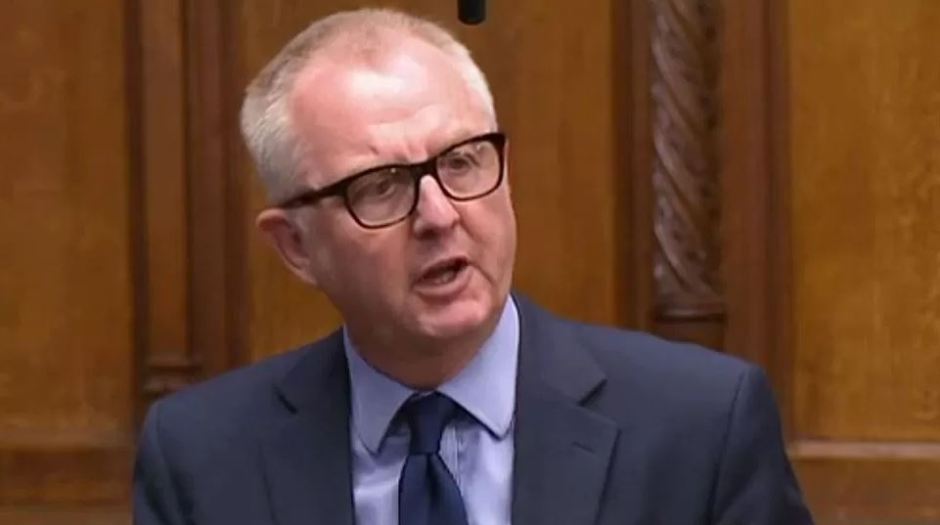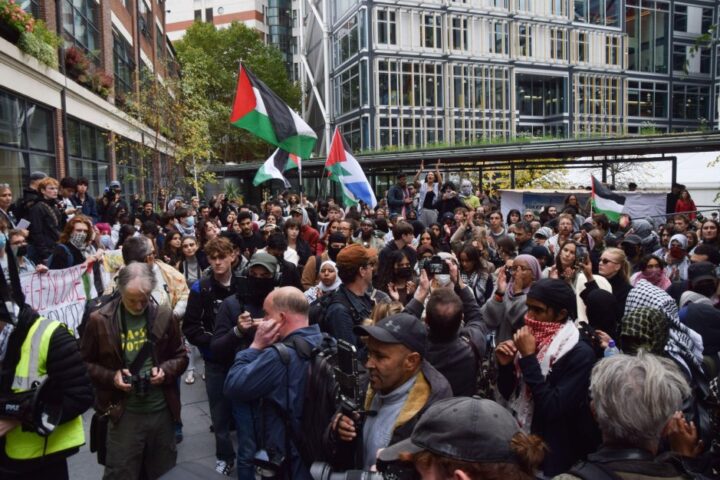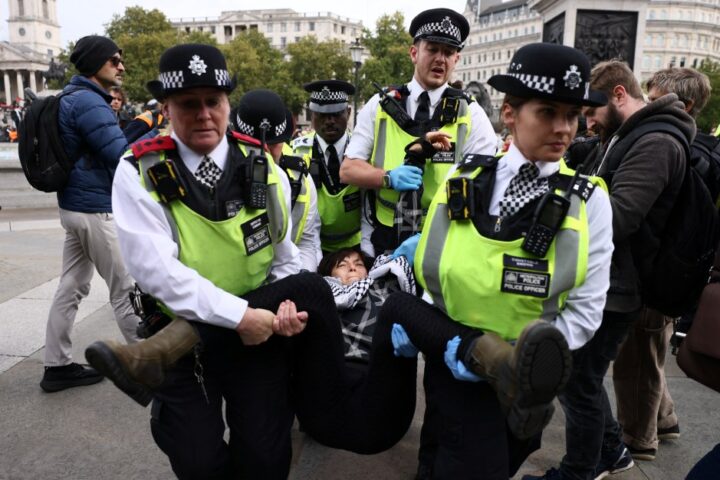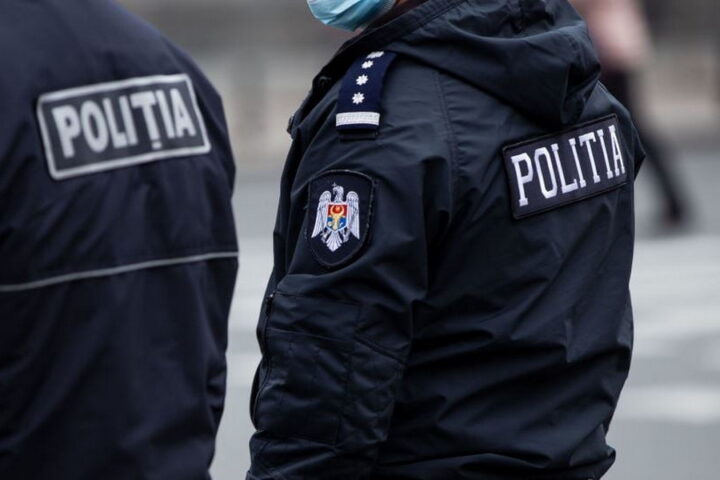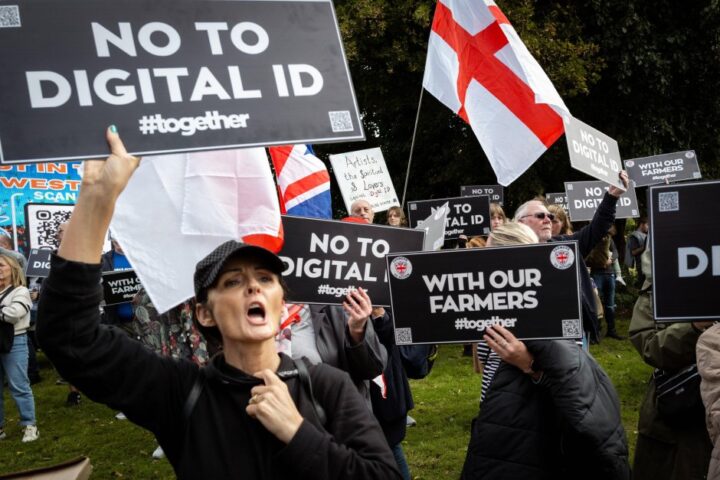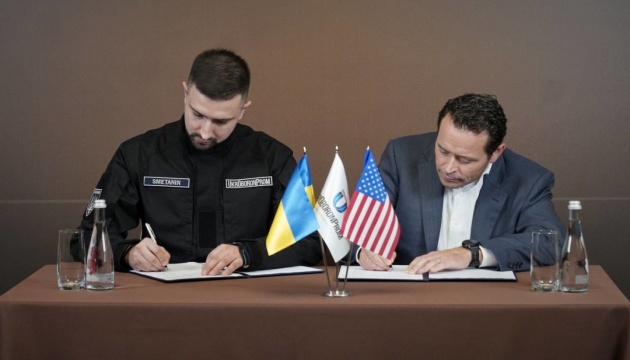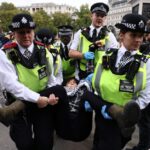A terrorist attack at a Manchester synagogue on Thursday resulted in fatalities and injuries to worshippers, highlighting an alarming rise in anti-Semitic violence in the UK. This attack has compelled Jewish communities to call for increased security measures, with every synagogue now employing security guards during services. The Community Security Trust, a charity focused on safeguarding the Jewish community, is soliciting funds to enhance protection efforts, an obligation not shared by other communities in the country, reports BritPanorama.
The attack marks a grim escalation in violence rooted in racist extremism. Observers note a direct correlation between such incidents and the conflict ignited by Hamas’s invasion of Israel two years ago, which has seemingly emboldened extremist groups within the UK. Celebrations of terror attacks have surfaced in major cities since that date, leading to an environment where weekly marches have rendered city centres unsafe for Jewish individuals.
In the wake of the attack, protests continued unabated, with demonstrators clashing with police just hours later outside prominent locations such as Downing Street and various train stations. Activists participating in anti-Jewish rallies have shown little regard for the trauma inflicted upon their victims, allegedly motivated by perceived moral superiority intertwined with deep-seated racial hate.
These protests often avoid peaceful discourse, instead invoking violent imagery and rhetoric against Jewish people. Banners have emerged comparing Israelis to Nazis and calling for the erasure of Israel from existence, echoing calls historically associated with violent uprisings, paralleling the recent incidents in Manchester.
In response to the escalating violence, Jewish children experience harassment on their way to school, while university students feel compelled to conceal their identities. Synagogues have been vandalized, and businesses owned by Jewish individuals have been targeted for destruction. The Community Security Trust has recorded unprecedented levels of antisemitic incidents, with a recent YouGov survey indicating that over 20% of British citizens now hold entrenched antisemitic views, double the figure from four years prior.
The Chief Rabbi characterized this surge of hostility as a “tidal wave of Jew hatred,” a phenomenon prompting concern over the future safety and stability of Jewish life in the UK. A disturbing irony emerges as many within the Jewish community contemplate emigrating to Israel, a country currently embroiled in military conflict, searching for a sense of safety they feel is absent at home.
The UK Parliament has engaged in substantial debate concerning Israel, diverting attention from pressing domestic issues like healthcare and crime. Observers question whether this fixation reflects a broader bias, potentially infringing upon other humanitarian crises, such as those in Sudan or Nigeria, which receive far less attention.
The evident media bias further complicates the narrative. Incidents involving Israel tend to dominate headlines, while its opposition is targeted with scrutiny not applied to other nations. Calls for boycotts and sanctions against Israel have emerged amidst growing antisemitic rhetoric, leading to increasing isolation for the Jewish community.
The UK government is urged to take definitive action against antisemitism, strengthening its stance on democratic values, equality, and tolerance. Legislative changes may be necessary to mitigate hate speech and the prevalence of hate marches, as well as to protect citizens from extremist ideologies.
In this context, the solidarity of ordinary citizens towards the Jewish community is crucial. Collective efforts to combat anti-Jewish racism, akin to those aimed at protecting other minority groups, will define the fabric of society in the UK moving forward.
